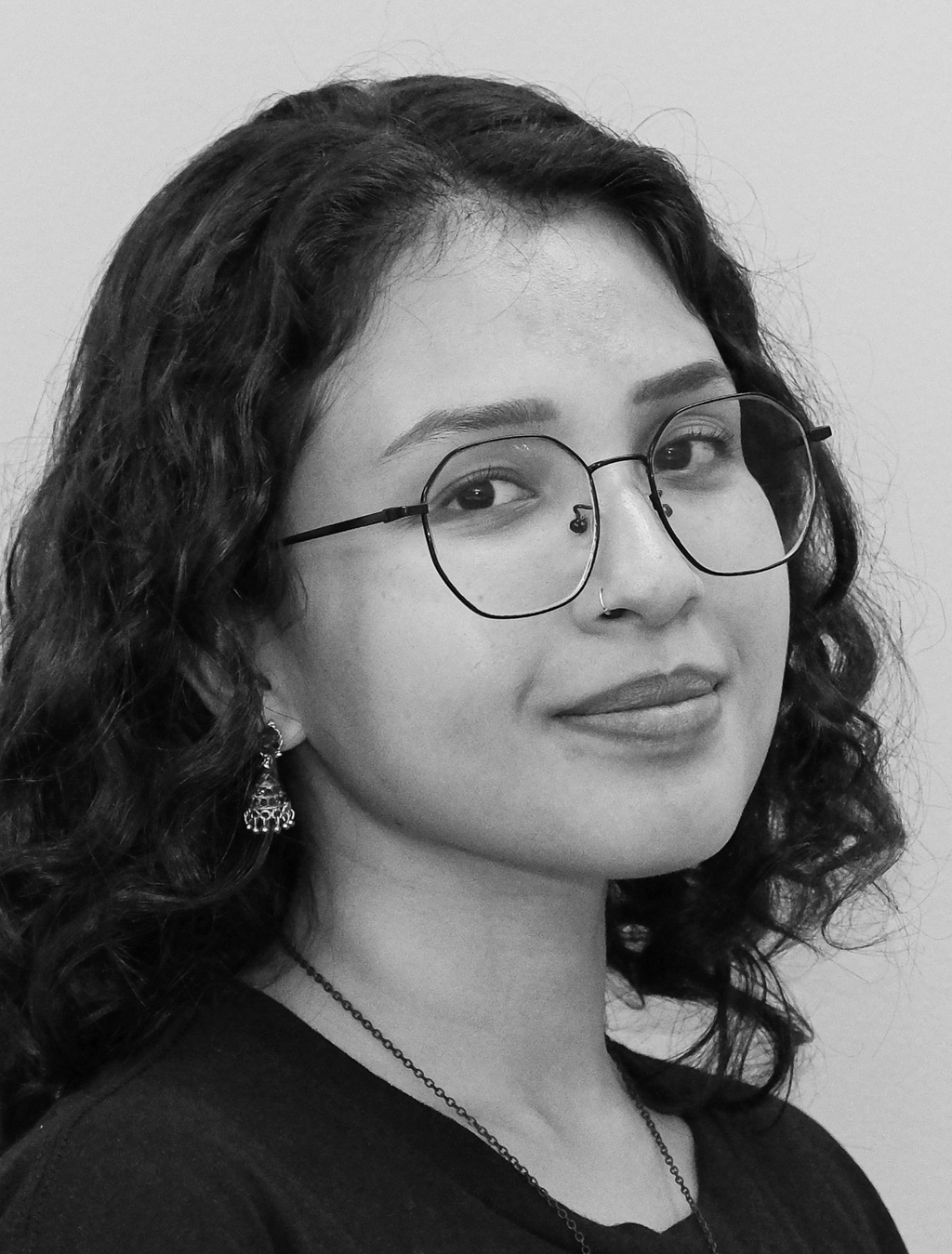KUALA LUMPUR – A human rights activist hopes that the updated Malaysian Code of Ethics for Journalists launched yesterday will result in fewer news articles that stigmatise the migrant and refugee community.
North South Initiative executive director Adrian Pereira has said there is a “huge amount” of editors and journalists publishing “hate-inducing and fake news” on migrant workers and refugees.
“This must stop. They (media outlets) love covering the cruelty of raids, but never investigate the full story on who first trafficked them (here),” Periera said in a post on X.
Yb Minister @fahmi_fadzil. There is a huge amount of editors & journalists churning out hate-inducing & fake news articles on migrant workers & refugees.This must stop. They love covering the cruelty of raids but never investigate the full story of who trafficked them firstly. https://t.co/0oOn5ff66o
— Adrian Pereira #ViralisingSolidarity (@liberationxxx) February 20, 2024
His post was a response to Communications Minister Fahmi Fadzil’s X post on the updated code, which the minister launched yesterday and said would address current journalistic needs and technological advancements.
In additional comments to Scoop, Pereira highlighted certain phrases and messaging used by some media outlets in their reporting on enforcement activities, which he said could potentially create disharmony by instigating untruths.
He referenced articles previously published on raids in the Jalan Silang area in the capital city, with certain publications referring to the inspected area as “Mini Dhaka” after huge numbers of undocumented migrants were detained by authorities as part of their operations.

“That area can’t be considered or labelled ‘Mini Dhaka’ because there are a number of nationalities who work and earn a living there, including many Malaysians.
“The term ‘influx’ (used in some news articles) is also a word that creates stigma and stokes the wild imagination of Malaysians. The reality is that many undocumented migrants were victims of trafficking,” he added.
Pereira also said that those in charge at news agencies liable for such reporting might not be aware of how the framing of their stories could harm migrants and refugees, besides making them the subject of unnecessary and unwarranted hate.
“This kind of journalism is dangerous and the opposite of helpful as it generates excitement while misleading (the public), as it does not capture the full picture.”
Pointing to one of the provisions in the code on how journalists should be transparent and have integrity while carrying out their duties, Pereira said that some media outlets had mistakenly portrayed Rohingyas as illegal immigrants when they were instead asylum seekers.
“When raids are conducted, (some media) expose the location of vulnerable communities and mislabel them as violators of the law instead of trafficking victims,” he said.
He also suggested that there should be a comprehensive module established to accompany the journalism code of ethics, which was first formed in 1989.
“We hope that government-owned media (outlets) will take more effort and responsibility to stop the spread of hateful and xenophobic news coverage.
“The burden to ensure that the code is adhered to will be heavier on government-linked and owned media. Otherwise, they will be seen as hypocrites.”
The code of ethics outlines eight fundamentals that underscore the responsibilities and standards expected of journalists.
These include being the voice of a plural society, being transparent with integrity, being fair in conveying information, ensuring the validity and accuracy of information, independence from personal interests, and protecting the privacy and confidentiality of sources.
Journalists must also understand the laws and policies relevant to their profession and give priority to continuously improving their journalistic skills. – February 21, 2024


